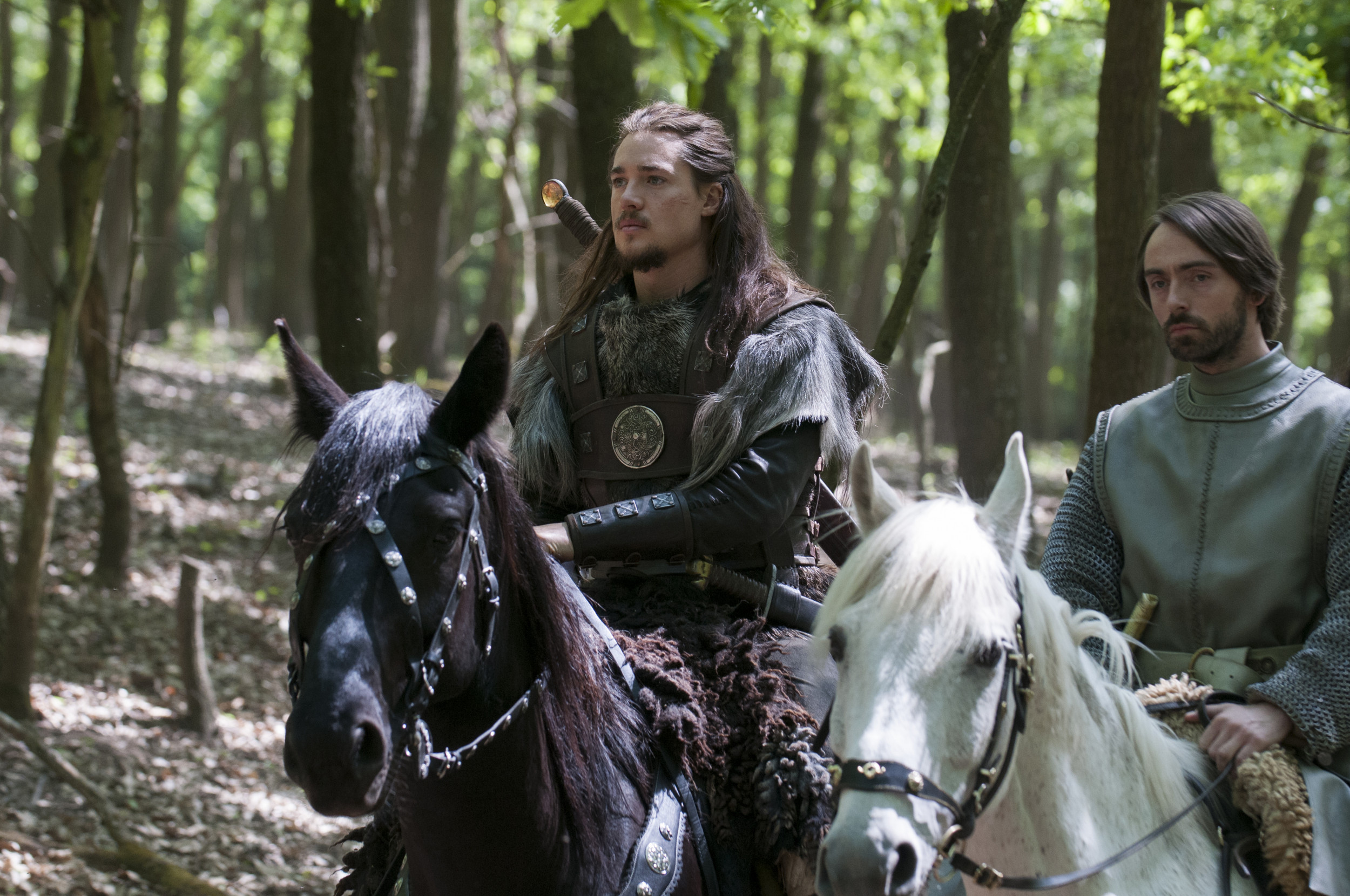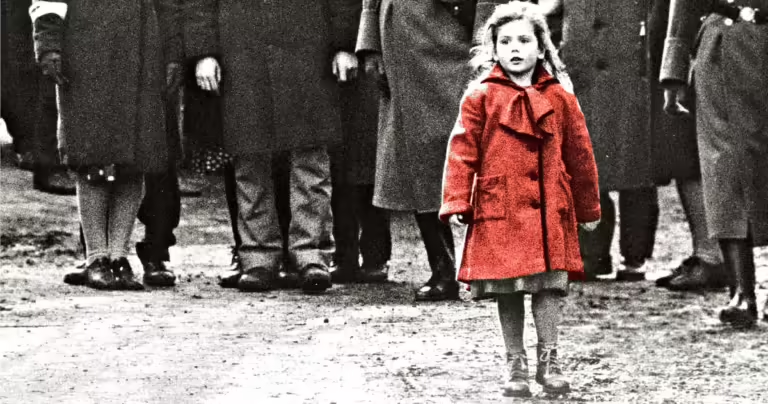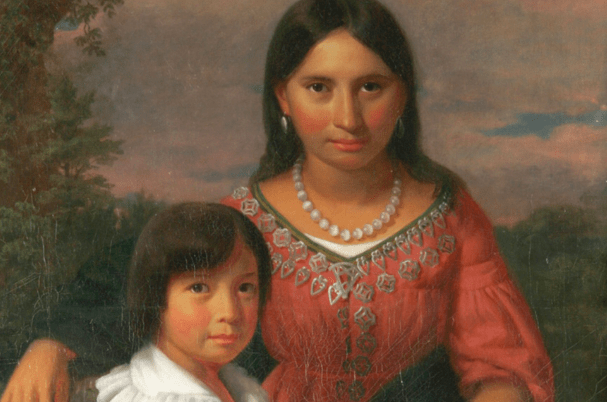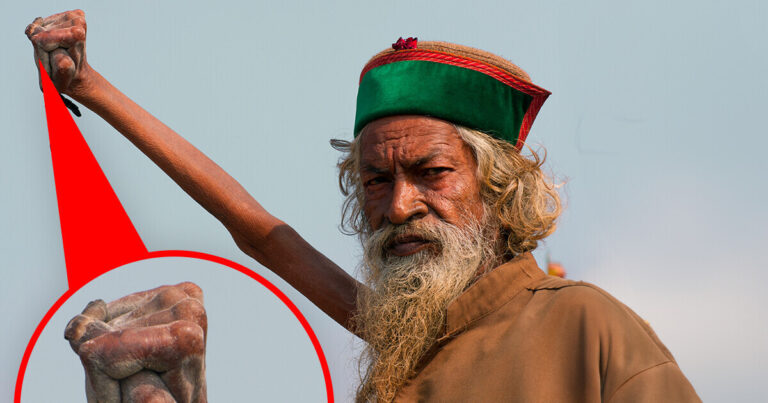The Real and Fictional Uhtred of Bebbanburg: A Blend of History and Legend
Discover the compelling story of Uhtred of Bamburgh, a historical figure whose life inspired Bernard Cornwell’s The Last Kingdom, blending history with fiction.
Who Was the Historical Uhtred of Bamburgh?
Uhtred of Bamburgh was a real historical figure from the early 11th century, ruling as the Ealdorman of Northumbria during one of the most tumultuous periods in English history. His family controlled Bamburgh, a fortress that stood at the heart of the Kingdom of Northumbria, which at the time, was a hotbed of political intrigue and conflict between Anglo-Saxons, Vikings, and the Scots.
Born into a noble family, Uhtred’s father, Waltheof I, passed on leadership of Bamburgh, a title Uhtred assumed after proving himself in battle. His efforts to defend his homeland from Viking incursions and secure Northumbria’s position as a strategic political entity in the British Isles earned him a place in historical records.
Though his legacy is shadowed by later Viking invasions and political upheavals, Uhtred of Bamburgh’s real-life exploits laid the groundwork for the fictional Uhtred of Bebbanburg, who has since become widely recognized in modern culture through Bernard Cornwell’s historical fiction.
Uhtred’s Family Lineage and Legacy
Uhtred hailed from an illustrious lineage that played a central role in the defense and governance of Northumbria. His father, Waltheof I, was the ealdorman before him, and Uhtred followed in his footsteps by taking up the mantle of leadership. His family was pivotal in holding the northern frontier against Viking invaders.
Uhtred’s marriage to Ælfgifu, the daughter of King Æthelred the Unready, further solidified his political connections. However, after Ælfgifu’s death, he married Sige, a connection that later led to dynastic conflicts over Bamburgh.
His legacy was cut short by betrayal and murder, but his descendants continued to play a significant role in Northumbrian and broader English politics. His son, Ealdred, and grandson, Oswulf, eventually continued the family’s influence, though Northumbria’s independence dwindled as the Anglo-Saxon period came to a close.
| Name | Relation | Key Facts |
|---|---|---|
| Uhtred of Bamburgh | Main figure | Defended Northumbria; ruled Bamburgh; married into royalty |
| Waltheof I | Father | Previous ruler of Bamburgh; passed leadership to Uhtred |
| Ælfgifu | First wife | Daughter of Æthelred the Unready; solidified Uhtred’s royal ties |
| Ealdred | Son | Continued Uhtred’s legacy, albeit with diminished influence |
Bernard Cornwell’s Uhtred of Bebbanburg: A Character Inspired by History
The character Uhtred of Bebbanburg in Bernard Cornwell’s The Last Kingdom is a mix of historical fact and fiction. Cornwell drew inspiration from the historical Uhtred of Bamburgh but created a more romanticized, action-driven version for the narrative.
While the historical Uhtred faced internal strife and Viking threats, Cornwell’s Uhtred is depicted as a fierce, rebellious warrior who is torn between his Anglo-Saxon roots and his Viking captors. The fictional Uhtred serves as a protagonist in a story filled with loyalty, revenge, and the quest for identity. His character reflects the struggles of survival in a time where allegiances constantly shifted, and the fight for power was ruthless.
The Historical Accuracy of The Last Kingdom

While The Last Kingdom series provides an engaging narrative, some events have been embellished to fit the structure of the novels and TV series. Bernard Cornwell researched Anglo-Saxon history extensively, but certain liberties were taken, especially in the portrayal of key battles and relationships.
- The Battle of Ethandun, where the fictional Uhtred fights, is historically accurate, but Uhtred’s involvement is purely fictional.
- The Danish invasions and kingdom politics portrayed in the series are rooted in fact, with the TV show often aligning closely with the historical events of Alfred the Great’s reign.
- Some characterizations, such as the portrayal of King Alfred, are idealized versions of historical figures, intended to drive the narrative.
The Last Kingdom stays true to many historical details, but it takes the freedom to create an entertaining, action-packed drama that blends truth and fiction seamlessly.
The Anglo-Saxon Culture and Society Depicted in The Last Kingdom
One of the show’s strengths is its portrayal of Anglo-Saxon society. Through characters like Uhtred, we get glimpses of what life was like in the 9th and 10th centuries.
- Religion played a crucial role in the lives of both Anglo-Saxons and Danes. The tension between Christianity and pagan beliefs is a recurring theme.
- Warfare was a constant, with battles between Danes, Anglo-Saxons, and other factions.
- Social structures, with ealdormen like Uhtred ruling over common folk and warriors, reflect the feudal system of the time.
The show is meticulous in representing everyday life, from food and clothing to religious practices and the brutal nature of medieval warfare.
Why Uhtred of Bebbanburg Captures the Imagination
The character of Uhtred, both historical and fictional, taps into universal themes of identity, loyalty, and survival. In The Last Kingdom, Uhtred is constantly torn between his Anglo-Saxon heritage and the Viking culture that raised him. This internal struggle resonates with modern audiences, especially in a world where cultural identities can often conflict.
Moreover, Uhtred’s bravery and defiance against greater powers makes him a character that readers and viewers can root for. His journey of reclaiming Bebbanburg reflects a broader human desire to return to one’s roots and fight for what is rightfully theirs.
The blending of history and fiction allows for a more relatable, human portrayal of the conflicts and challenges faced by real people during the medieval period.
The Influence of Uhtred in Modern Popular Culture
Uhtred’s character, as portrayed in The Last Kingdom, has made a significant impact on historical fiction as a genre. Through books, television, and media, the character has garnered a large fan base.
- The television adaptation of The Last Kingdom brought Uhtred to life for millions of viewers worldwide.
- Uhtred’s character has become synonymous with resilience, independence, and courage—qualities admired in many cultures.
The success of The Last Kingdom has even encouraged a resurgence of interest in Anglo-Saxon history. Fans are drawn to the complex world of medieval England, with its power struggles, shifting alliances, and cultural battles.
FAQ
- Is Uhtred of Bebbanburg a real person?
- Yes, Uhtred of Bamburgh was a real historical figure, though much of what we know about him has been fictionalized in Bernard Cornwell’s works.
- How accurate is The Last Kingdom to historical events?
- While The Last Kingdom captures the essence of Anglo-Saxon England, many events are dramatized or altered for narrative purposes.
- What was the importance of Bamburgh in Anglo-Saxon England?
- Bamburgh was a key fortress in Northumbria, serving as a political and military stronghold during the Viking invasions.
References:
- https://www.historydefined.net/uhtred-of-bebbanburg/
- https://en.wikipedia.org/wiki/Uhtred_the_Bold
- https://www.britannica.com/biography/Uhtred-the-Bold
- https://www.theguardian.com/tv-and-radio/2021/mar/25/the-last-kingdom-alexander-dreymon-netflix-uhtred






